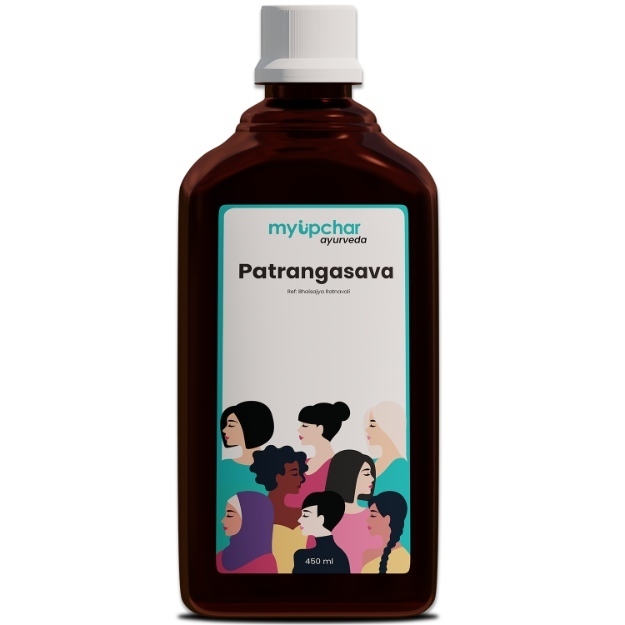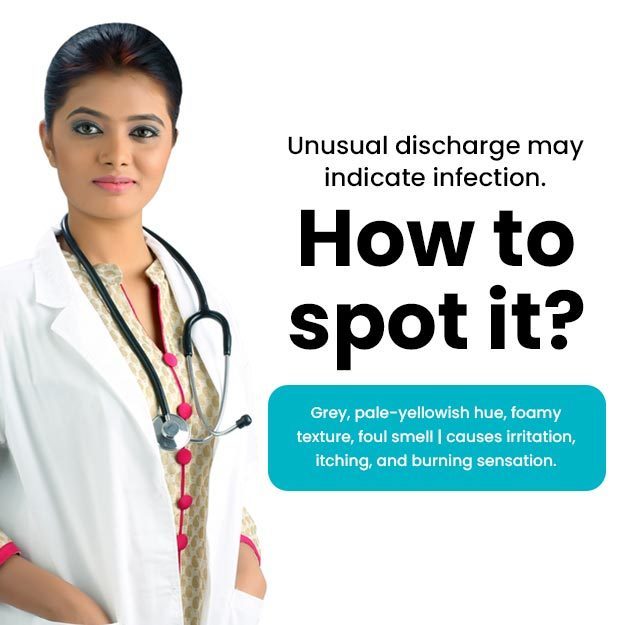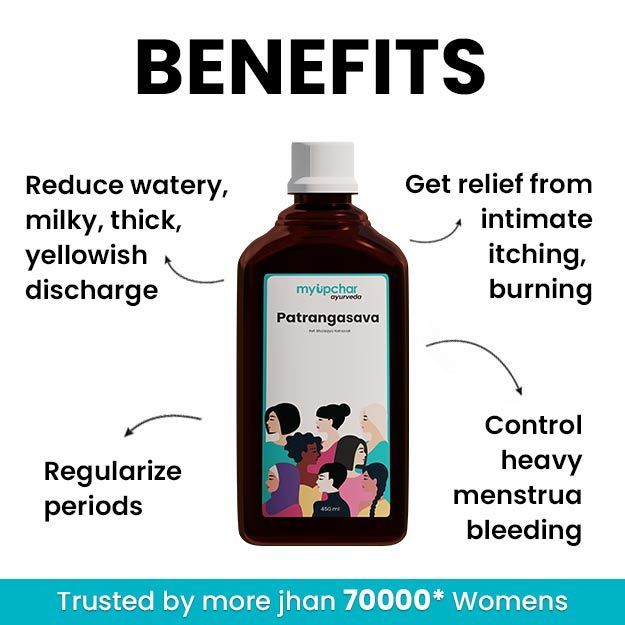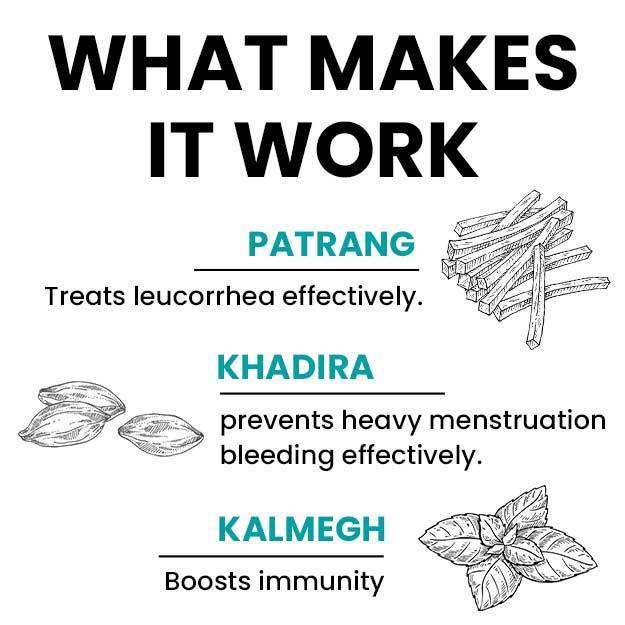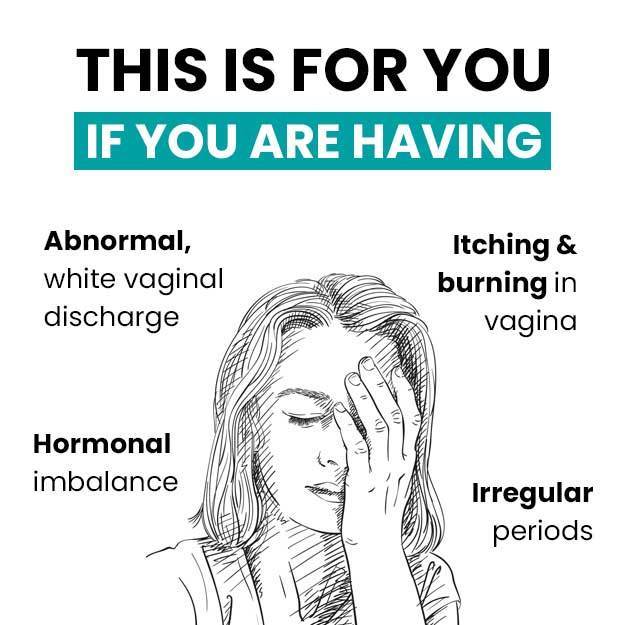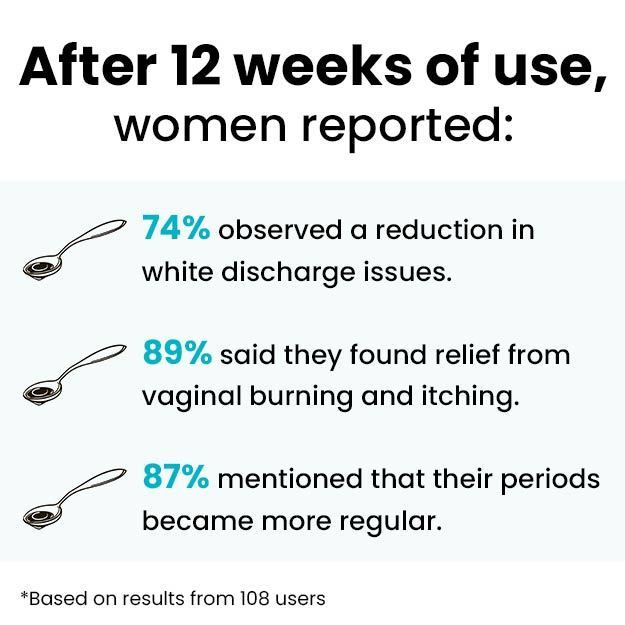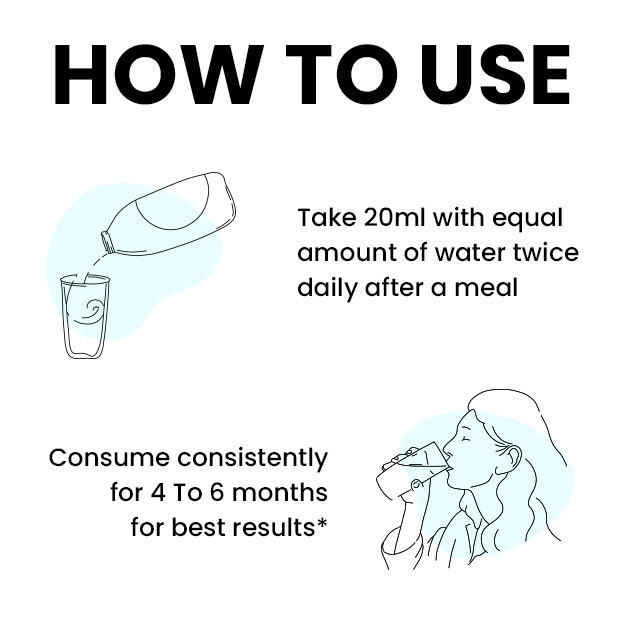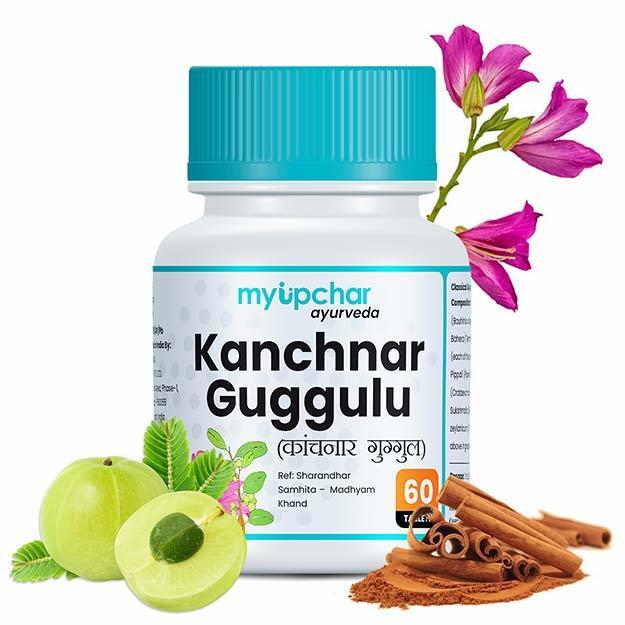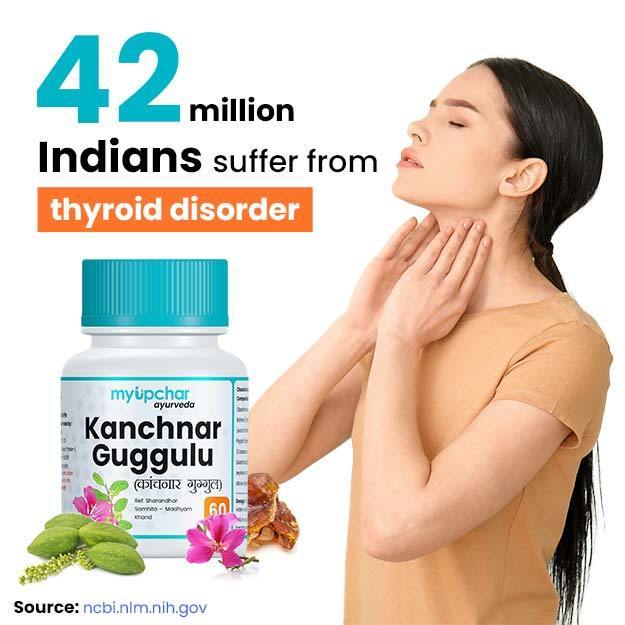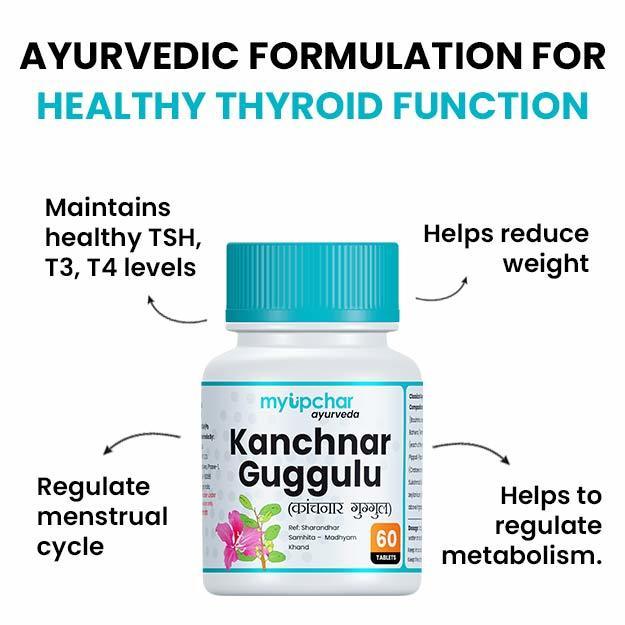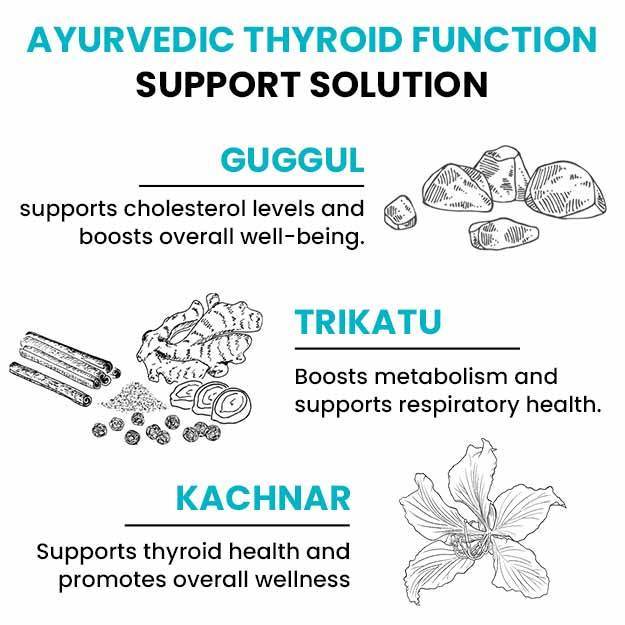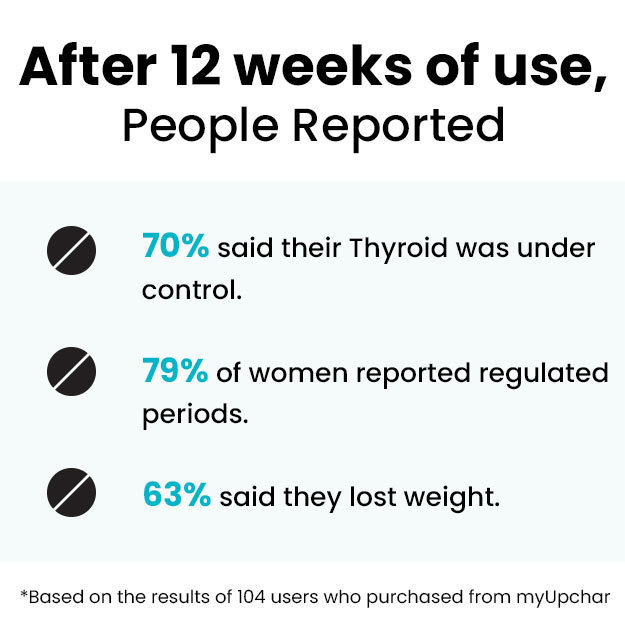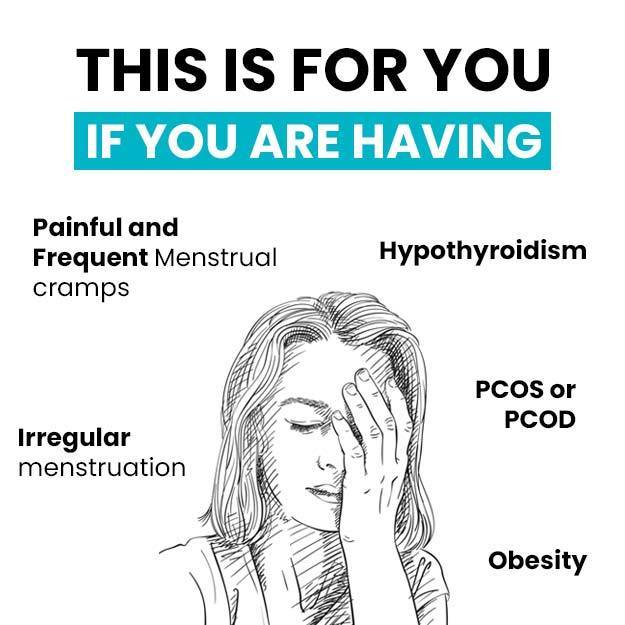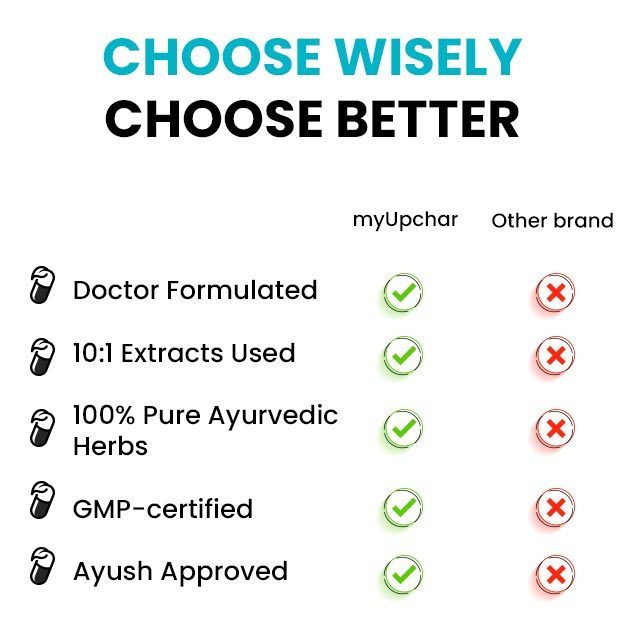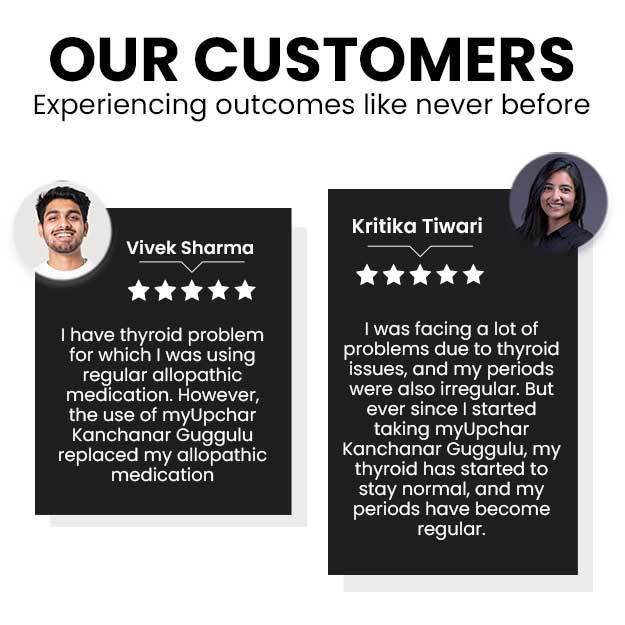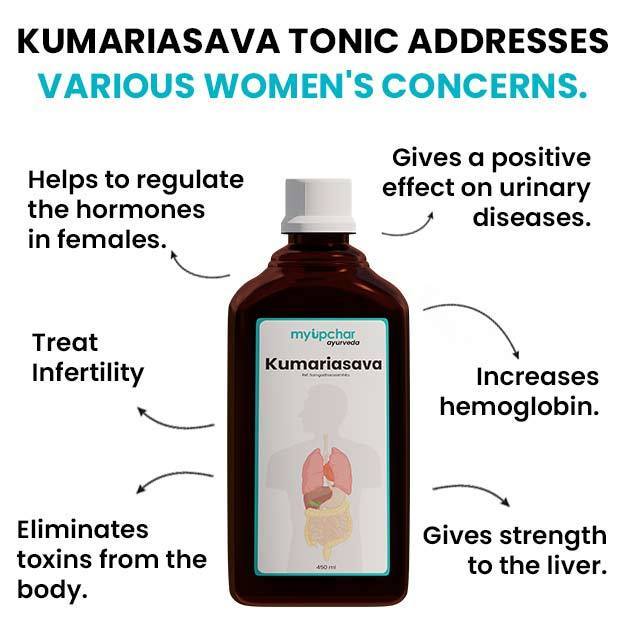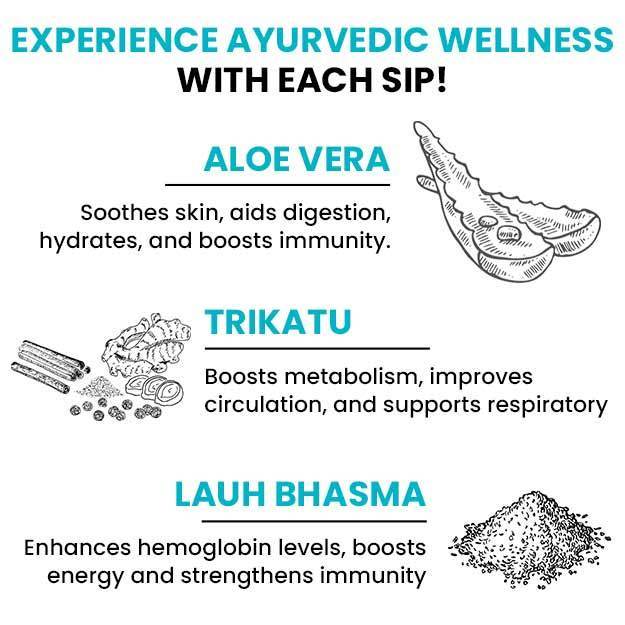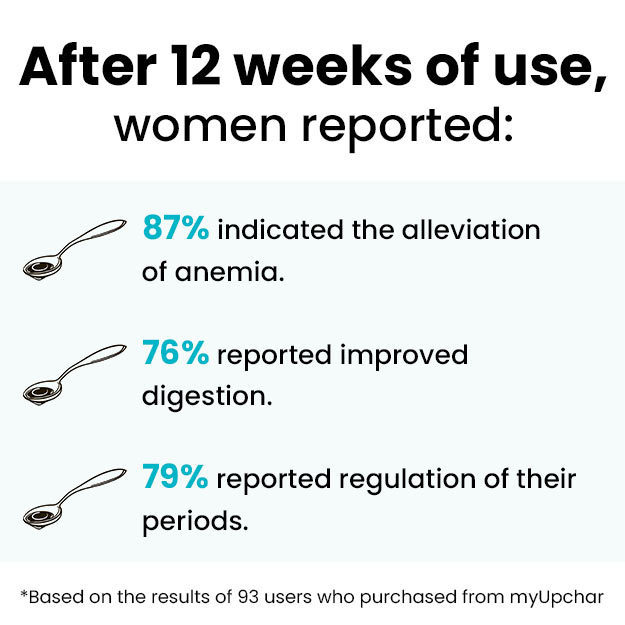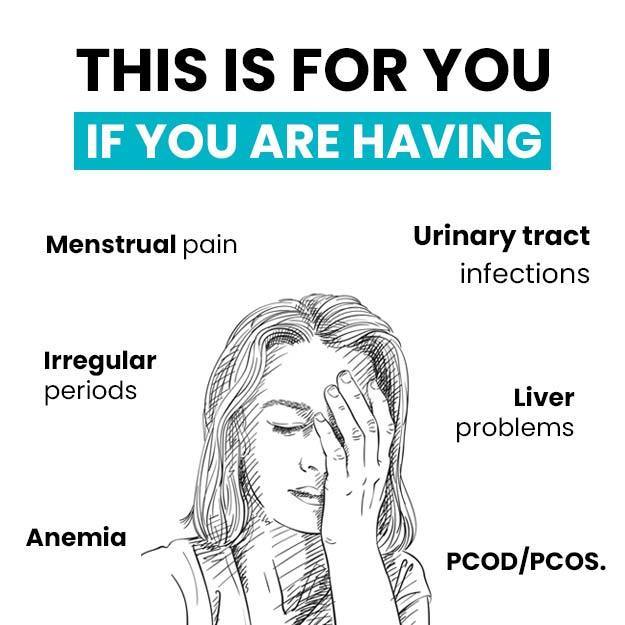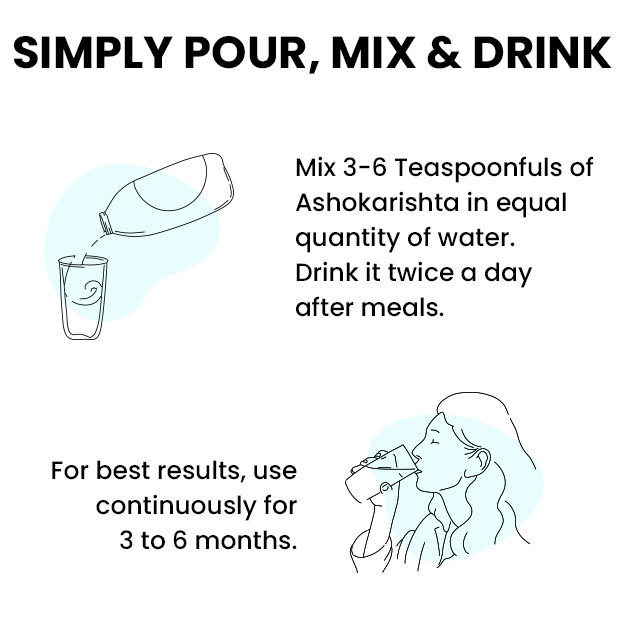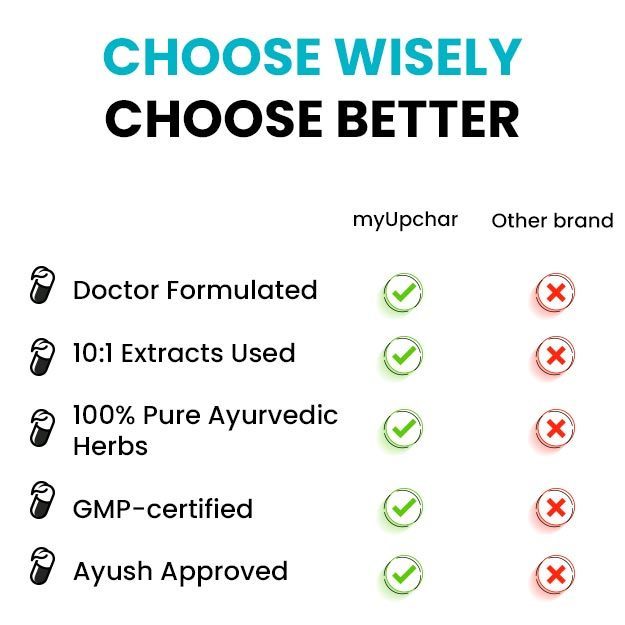So, you've had an abortion, and now you're bleeding. First things first, take a deep breath! This is a very normal part of the healing process, and almost everyone who has an abortion will experience some form of bleeding afterward. Think of it like your body's way of getting back to normal. It's often compared to a heavy period, but there can be some differences. We're here to walk you through what to expect, when to be concerned, and how to take care of yourself during this time.
- How Many Days Bleeding Last After Abortion?
- Difference Between Menstrual Bleeding And Abortion Bleeding
- How Long Does It Take For Abortion Bleeding To Stop?
- Why Am I Bleeding So Much After Abortion?
-
What Can I Take To Stop Bleeding After An Abortion?
- Can Ibuprofen Stop Bleeding After Abortion?
- Can Oxytocin Stop Bleeding After Abortion?
- Can Vitamin K Stop Bleeding After Abortion?
- Can Tarnexamic Acid Stop Bleeding After Abortion?
- Can Contraceptive Pills Atop Bleeding After Abortion?
- Can Antibiotics Stop Bleeding After Abortion?
- Can Doxycycline Stop Bleeding After Abortion?
- How To Manage Incomplete Abortion Bleeding?
- When To See A Doctor?
- Summary
How Many Days Bleeding Last After Abortion?
This is a big question on many people's minds! The truth is, it's not a one-size-fits-all answer. Generally, bleeding can last anywhere from a few days to a few weeks. Some people might experience light spotting for a couple of weeks, while others might have heavier bleeding for a few days, then it tapers off. It really depends on your body, the type of abortion you had, and how far along the pregnancy was. Don't be surprised if it's on-again, off-again, or if you see clots, these are usually pretty normal too.
(Read More: Abortion: types, causes, pills, procedure, side effects)
Difference Between Menstrual Bleeding And Abortion Bleeding
While both involve bleeding, there are some key differences that can help you tell them apart. Menstrual bleeding typically follows a predictable cycle and flow. Abortion bleeding, on the other hand, can be a bit more unpredictable. You might experience heavier bleeding with clots initially, which then gradually lessens. It can also be more prolonged than a typical period. Think of it as your uterus shedding its lining, but in a more significant way than a regular monthly period. The color might also vary, from bright red to darker brown.
How Long Does It Take For Abortion Bleeding To Stop?
There's no fixed timeline, but we can give you a general idea. For most people, the heaviest bleeding usually subsides within a few days to a week after the abortion. After that, you might have light bleeding or spotting for another one to two weeks. It's not uncommon for it to stop and then start again for a short while, or for you to have some spotting until your next period arrives. Patience is key here, as your body needs time to heal.
Why Am I Bleeding So Much After Abortion?
Seeing a lot of blood can be alarming, but often, it's perfectly normal. After an abortion, your uterus needs to empty itself of the pregnancy tissue and any remaining blood. This process can lead to heavier bleeding, especially in the first few days. You might also pass blood clots, which can range in size from tiny to as big as a lemon. These are usually just your body getting rid of everything. However, if the bleeding is so heavy that you're soaking through more than two maxi pads an hour for two hours in a row, or if you're passing very large clots consistently, it's time to reach out to your doctor.
(Read More: Post-Abortion Care)
STUDY ABOUT POST-ABORTION COMPLICATION:
Post-abortion Complications: A Narrative Review for Emergency Clinicians" is a narrative review authored by Rachel E. Bridwell, Brit Long, Tim Montrief, and Michael Gottlieb. It was accepted in August 2022 and published in November 2022, focusing on post-abortion complications relevant for emergency clinicians.
Complication rates vary based on the type of procedure, gestational age, patient health, clinician experience, and whether the abortion was safe or unsafe. Safe abortions have significantly lower complication rates compared to unsafe ones. Complications discussed include bleeding, retained products of conception, uterine perforation, and various infections.
Mortality rates for safe abortions are less than 0.2%, while unsafe abortions show much higher rates, between 4.7% and 13.2%. The review emphasizes the importance of thorough history and physical examinations for recognizing complications from both safe and unsafe abortions. Emergency clinicians must promptly identify and stabilize these issues, seeking specialist consultation to reduce harm. Patient mental health is also a key consideration.
The review synthesized information from 123 resources, including case reports, retrospective and prospective studies, systematic reviews, meta-analyses, and other narrative reviews. It does not detail specific surveys conducted.
Abortion complications range from minor to life-threatening. Unsafe abortions carry a much higher risk of complications. Emergency clinicians must be skilled in identifying and managing issues like bleeding, retained products, and infections. A nonjudgmental approach during examination is crucial. Swift recognition and stabilization of emergencies, often with specialist input, are essential for better patient outcomes.
What Can I Take To Stop Bleeding After An Abortion?
This is a common question, and it's important to approach it with care. Generally, your body needs to do its job and complete the healing process. There aren't magic pills to instantly stop the bleeding, and attempting to do so without medical guidance can actually be harmful. However, some medications might be used in specific situations to help manage bleeding or address underlying issues.
Can Ibuprofen Stop Bleeding After Abortion?
Ibuprofen, a common over-the-counter pain reliever, doesn't directly stop bleeding. However, it can be very helpful for managing the cramps and pain associated with post-abortion bleeding. By reducing inflammation, it can make you more comfortable. Always follow the dosage instructions on the package or as advised by your doctor.
Can Oxytocin Stop Bleeding After Abortion?
Oxytocin is a hormone that causes the uterus to contract. It's often used in a medical setting, especially after childbirth, to help the uterus contract and reduce bleeding. In some cases, a doctor might use oxytocin after an abortion if there's concern about excessive bleeding or if the uterus isn't contracting effectively. This would always be administered by a healthcare professional.
Can Vitamin K Stop Bleeding After Abortion?
Vitamin K plays a crucial role in blood clotting. While a deficiency in Vitamin K can lead to bleeding problems, it's not typically used to stop normal post-abortion bleeding unless there's an underlying clotting disorder that your doctor has identified. Taking vitamin K without medical advice is not recommended.
(Read More: Best Time To Get Pregnant)
Can Tarnexamic Acid Stop Bleeding After Abortion?
Tranexamic acid is a medication that helps with blood clotting and can reduce heavy bleeding. It works by preventing the breakdown of blood clots. In some cases, a doctor might prescribe tranexamic acid to manage particularly heavy or prolonged bleeding after an abortion. This is a prescription medication and should only be used under medical supervision.
Can Contraceptive Pills Atop Bleeding After Abortion?
Contraceptive pills, especially combined oral contraceptives, can sometimes be used to regulate menstrual cycles and reduce heavy bleeding in general. After an abortion, a doctor might discuss starting contraception, which could help with future bleeding patterns, but they are not typically used to immediately stop ongoing post-abortion bleeding.
Can Antibiotics Stop Bleeding After Abortion?
Antibiotics are used to treat or prevent infections, not to stop bleeding. If you have an infection after an abortion, it can sometimes cause prolonged or abnormal bleeding. In such cases, antibiotics would be prescribed to treat the infection, which might, in turn, help resolve the bleeding. They are not a direct treatment for bleeding itself.
Can Doxycycline Stop Bleeding After Abortion?
Doxycycline is a type of antibiotic. Similar to other antibiotics, it would only be prescribed if there's a suspected or confirmed infection contributing to the bleeding or discomfort. It doesn't directly stop bleeding but addresses the underlying infection that might be causing complications.
(Read More: How To Take Care During Pregnancy)
How To Manage Incomplete Abortion Bleeding?
An incomplete abortion means that some pregnancy tissue remains in the uterus. This can lead to persistent or heavy bleeding. If you're experiencing this, it's crucial to see a doctor right away. They might recommend different approaches depending on the situation. This could involve medication to help the uterus expel the remaining tissue, or in some cases, a minor procedure called a D&C (dilation and curettage) to remove the tissue. Please do not try to manage this at home; professional medical attention is essential.
When To See A Doctor?
While some bleeding is normal, it's important to know when to seek medical attention. Here are the red flags to watch out for:
- Soaking more than two maxi pads in an hour for two consecutive hours. This indicates very heavy bleeding.
- Passing clots larger than a lemon. While some clots are normal, very large or numerous clots can be a concern.
- Severe abdominal pain that isn't relieved by pain medication.
- Fever (temperature of 100.4°F or higher). This could be a sign of infection.
- Foul-smelling vaginal discharge. Another potential sign of infection.
- Feeling dizzy, lightheaded, or fainting. These could be signs of significant blood loss.
- Any concerns or gut feelings that something isn't right. Trust your instincts!
If you experience any of these symptoms, don't hesitate to call your doctor or go to an emergency room.
(Read More: Beyond the Basics: Your Definitive Guide to the Copper T)
Summary
Bleeding after an abortion is a common and expected part of the recovery process. It can vary in duration and intensity, much like a heavy period. While most bleeding is normal and manageable, it's vital to be aware of the signs that warrant medical attention, such as very heavy bleeding, large clots, severe pain, or fever. Remember, your healthcare provider is there to support you through this, so don't hesitate to reach out with any questions or concerns. Taking care of yourself during this time, both physically and emotionally, is incredibly important.
Find Obstetrician and Gynaecologist in cities
- Obstetrician and Gynaecologist in Bangalore
- Obstetrician and Gynaecologist in Mumbai
- Obstetrician and Gynaecologist in Ghaziabad
- Obstetrician and Gynaecologist in Chennai
- Obstetrician and Gynaecologist in Pune
- Obstetrician and Gynaecologist in Delhi
- Obstetrician and Gynaecologist in Hyderabad
- Obstetrician and Gynaecologist in New Delhi
- Obstetrician and Gynaecologist in Gwalior
- Obstetrician and Gynaecologist in Gurgaon
Surgery Cost In Your City
Doctors for Bleeding After Abortion: What to Expect and When to Get Help

Dr. Ayushi Gandhi
Obstetrics & Gynaecology
4 Years of Experience

Dr. Anjali
Obstetrics & Gynaecology
23 Years of Experience

Dr.Anuja Ojha
Obstetrics & Gynaecology
20 Years of Experience

















